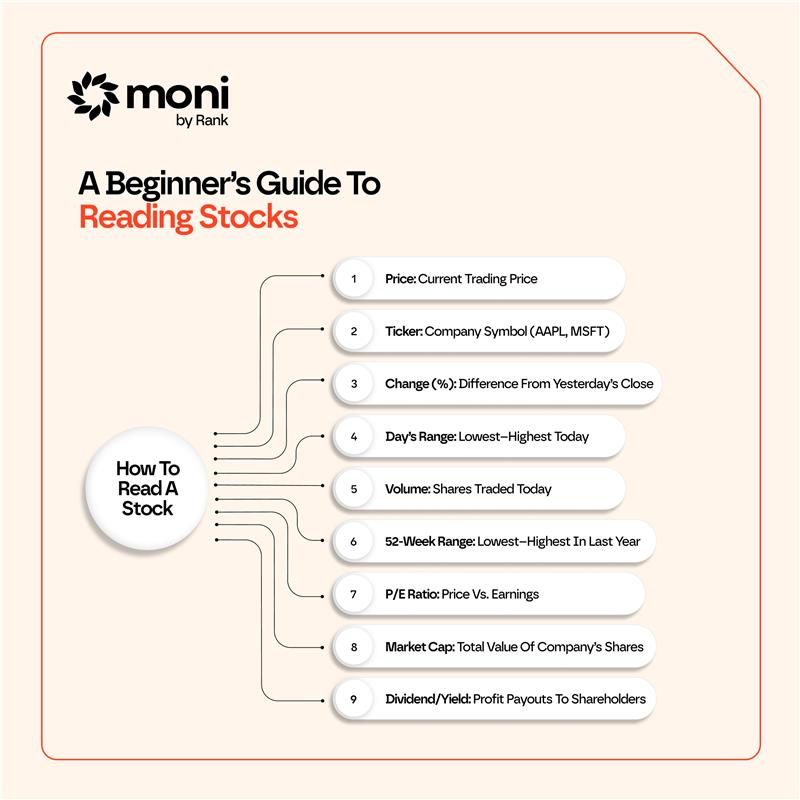Navigating the financial side of self-employment can feel like walking a tightrope without a safety net. You’re wearing all the hats — salesperson, marketer, service provider or business owner, and, of course, your own accountant. But with so many responsibilities, it’s easy to overlook crucial financial details that can make or break your business.
In this post, we’ll uncover the common financial mistakes self-employed individuals often make and how to steer clear of them, so you can keep your business thriving and your stress levels low!
Not keeping business and personal finances separate
One of the first things you should do when you’re self-employed is to keep your business and personal finances separate. Putting them together can create confusion, make it hard to see how well your business is doing, and often lead to bad financial decisions (such as spending your business capital). To avoid this, open a separate business bank account and use it only for business income and expenses. This will make bookkeeping easier, simplify tracking your business cost, and give you a clear view of your business’s financial health. Each month, you can pay yourself for the profit you make from your business (as reflected in your business account) after you make every necessary deduction.
Underestimating business costs
It’s easy to overlook how much it costs to run a business. Things like office supplies, software, internet subscriptions as well as other costs can add up fast. If you don’t account for all your expenses, it can hurt your cash flow and leave you unprepared for surprise costs. Keep track of every business expense, review them often, and adjust your budget as needed to stay on top of things.
Being too optimistic about future income
It’s natural to feel excited about your business’s potential, but being overly optimistic about future income can lead to overspending or taking on too much debt. Be realistic about how much money you’ll make and avoid spending money based on income that hasn’t come in yet. Regularly check and update your financial plan as your business grows to keep things on track.
Not having an emergency fund
An emergency fund is a must when you’re self-employed. Your income might not always be steady, and having savings will help you get through slow periods, unexpected costs, or personal emergencies without hurting your business. Try to save enough to cover three to six months’ worth of living expenses, and keep it in an account that is easy to access.
Delaying invoices
Whether you run a business or provide services, getting paid on time is essential for your business’s cash flow. If you delay sending invoices, it can mess up your cash flow and cause financial stress. Make it a habit to send invoices right after you finish a job, and follow up quickly on any late payments. Using invoicing software can help by automating this process, tracking payments, and sending reminders.
Taking on too much debt
Credit can be useful for managing cash flow, but it’s easy to borrow more than you can handle. High-interest debt can quickly become overwhelming and cut into your profits. Use credit wisely, pay off your balances as soon as you can, and avoid borrowing more than you can comfortably repay.
Working with clients without agreements
When you’re just starting out, it might be tempting to take on any job that comes your way. However, working with clients without proper checks or contracts can lead to serious problems. Even if you’re working with friends or family, make sure they can pay you on time, and be clear about what you’re delivering, when it’s due, and any extra costs for changes. A friendly handshake is nice, but a clear contract will save you trouble if things go wrong. It’s stressful and time-consuming to chase late payments, and it’s even worse if a client doesn’t pay at all. Protect yourself by making sure every job is backed by a solid agreement.
Wasting time on low-impact tasks
Be honest with yourself about what really helps your business grow, even if those tasks aren’t your favorite. For example, you might enjoy surfing the internet for opportunities, but if most of your clients come from cold emails, focus your time there. Also, while it’s great to manage every aspect of your business, it doesn’t mean you should not pay professionals to handle some aspects of it they can do it faster and you can afford it. Save your time for activities that bring in more clients and money. This is especially important if you want to grow your business. Setting up systems that let your business run smoothly without you will free up your time to focus on long-term goals and ensure things don’t fall apart if you need to step away.
Missing deadlines and poor client communication
Once you agree on a deadline with a client, it’s important to stick to it. Clients prefer working with reliable people who deliver on time, even if they’re not the best at what they do. But meeting deadlines shouldn’t mean working yourself into the ground. Be realistic about how much work you can take on and leave some buffer time for unexpected delays. If you’re already busy, don’t take on new clients unless you can delegate some of your current work. Set your own deadlines earlier than the client’s to give yourself a cushion, and you might even be able to surprise them by delivering early. Keep your clients in the loop if things are going smoothly or there’s a delay. If you may miss a deadline, let them know as soon as possible so they can adjust their plans. Good communication can prevent a missed deadline from turning into a bigger problem.
How does this help? Keeping clients happy and meeting deadlines can help you keep a steady income and avoid burnout. Managing your clients well is key to making your business more profitable and maintaining a healthy work-life balance.
Moni can help!
If you’re self-employed, Moni gives you straightforward and reliable options to save and borrow money. Whether you need a financial cushion for unexpected expenses or are looking to grow your savings, Moni offers a secure platform to manage your finances. With flexible borrowing options and easy access to your savings, Moni helps you stay financially resilient and prepared for whatever challenges may come your way. Get started with Moni here!



